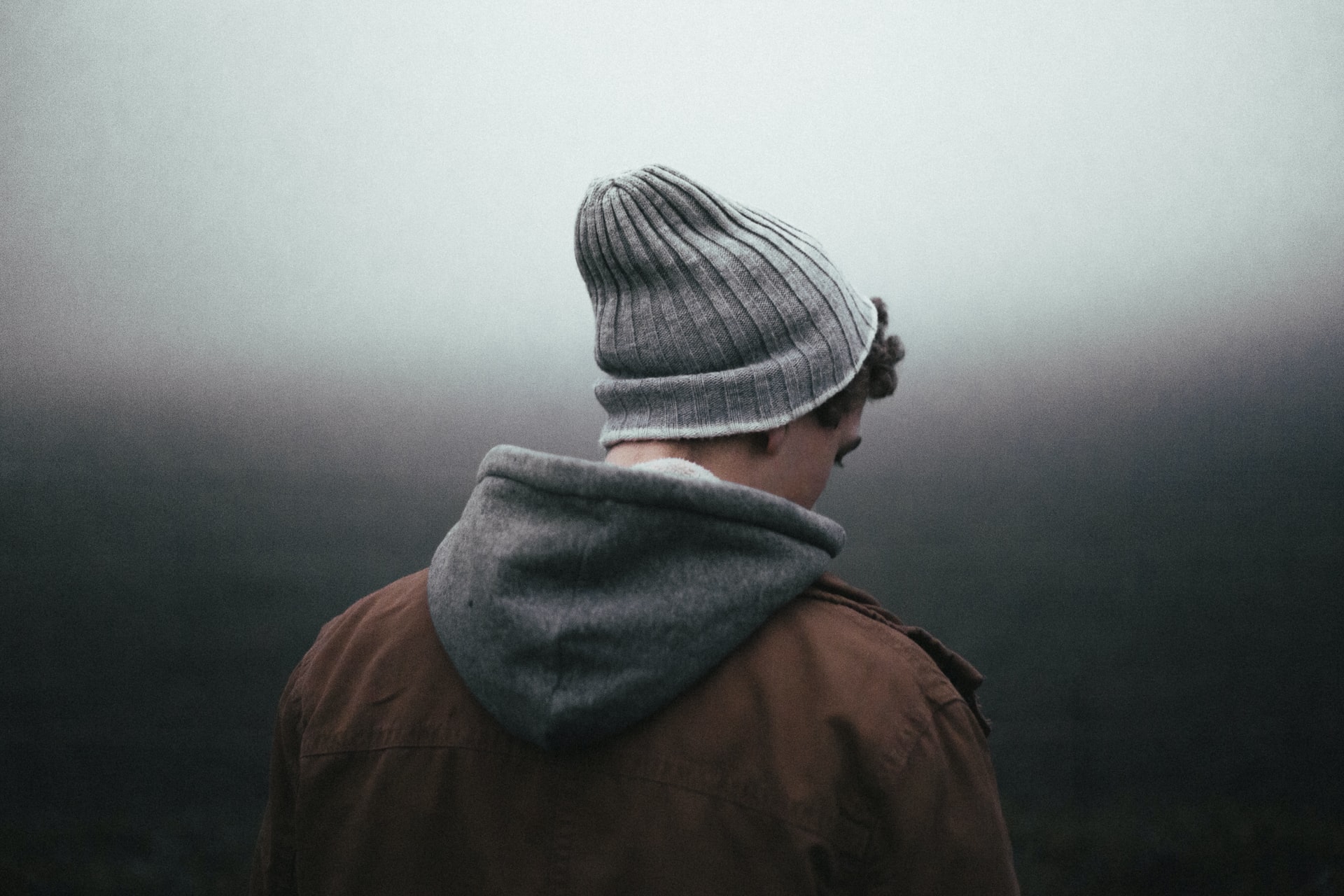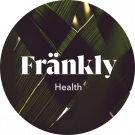Can CBD play a role in treating heroin addiction?

A new study suggests that cannabidiol (CBD), can be used as part of a treatment for heroin and opioid addiction.
The use of prescription opioids and heroin in the United States has grown steadily during the past ten years. However, despite the unprecedented spread of this addiction, there aren’t many treatments available today for disorders related to opioid abuse.
As an attempt to address the lack of treatment, a study in the Icahn School of Medicine at Mount Sinai tested whether CBD, which comes from the cannabis plant, can be used to reduce anxiety and cravings in individuals suffering from heroin addiction.
The study’s findings suggest that this non-psychoactive chemical could work similarly to the existing FDA-approved medication used to treat addiction. It is a common theory that reducing cravings helps in avoiding a relapse. If CBD oil can reduce anxiety and heroin cravings, then it can reduce the chances of a relapse.
How does the study work?
For this study, researchers recruited the help of 42 adults who had a recorded history of heroin abuse. In most cases, it had been less than a month since the last time they had used heroin or any other opioid. It should be noted, however, that none of them was going through an acute withdrawal when the study began. Also, they weren’t undergoing any other treatment with any other FDA-approved medication.
Another condition to their participation was that the individuals involved could not use heroin as a psychoactive substance for the duration of the study.
The randomized trial divided the participants into three groups: the first group was administered a placebo, the second group was administered a CBD solution, and the third group was administered a CBD solution with twice the strength.
The trial consisted in showing the participants certain drug-related prompts, like a video that consisted of several objects related to the use of heroin. The researchers recorded the responses to the cues with different measures, with the aim of determining if CBD could alter the physiological and psychological responses of the participants.
Researchers gave the participants one dose a day for three days and followed the results over the following fortnight. After their last dose, the participants were asked to participate in three sessions where they were shown two videos: a relaxing one filled with scenes of nature and a second one with paraphernalia related to drug use. During the sessions, the indicators of stress, anxiety and opioid craving were measured.
A week after they were administered the last dose, they were shown the videos again and the results showed that the groups who had taken the CBD had lower anxiety and craving levels in response to the cues related to drugs.
The same happened with stress, although there was no difference in anxiety or craving levels between the two groups who had taken the different doses of CBD.
Why is it important?
While there is a need for further studies made on the subject before any applicable conclusions can be found, the results were described as “interesting” and promising.
However, professionals like Dr Cunningham —who both treats and studies drug addiction — think that, if further trials yield similar results, CBD should be used together with existing medication-assisted treatments.
Before recommending the addition of a CBD option, she thinks that work should focus on making people aware of the existing alternatives that have been proven effective. According to figures provided by the National Institute on Drug Abuse, less than 30 per cent of people treated for an opioid or heroin addiction were offered treatment assisted with medication.
This study has several limitations, such as the fact that the individuals who undertook the trial had their addictions in hand and were not suffering from a relapse. Also, the study had quite a short time frame, so there is no way of knowing if the effects of CBD would last when faced with real-life conditions.
However, these limitations do not mean that the study has no value. There have been many observational studies that show that there is a relationship between the reduction of opioid consumption and the legalization of cannabis.
The research on this subject shows that in states where cannabis is legal, either medically or recreationally, there can be a reduction in opioid prescriptions. While the studies were merely observational, researchers still believe that physicians write fewer prescriptions for opioids when medical cannabis is available. This belief is further supported by the fact that they did not observe a drop in the number of prescriptions for non-opioid medication.
Marijuana is known to work as a pain reliever and this new trial shows that it also helps reduce stress, anxiety and cravings related to opioid use. All this serves to lend more credibility to the observation that, in US states where marijuana is legal, for either medical or recreational purposes, the amount of opioid prescriptions subsequently drops.
Not only will this help provide better and more effective treatment for people who deal with this addiction, but this will also give us a chance to better understand which mechanisms of the brain contribute to or are responsible for addiction relapses.
Furthermore, a non-opioid alternative would significantly help reduce the growing numbers in regards to opioid addiction in this opioid pandemic.
The bottom line
A new study has found that CBD, or cannabidiol, reduces anxiety and drug cravings in individuals who suffer from heroin or opioid use disorder for up to a week.
Experts say that further studies are needed before this option can be recommended as an alternative to existing treatments or as an adjunct to the medications that have already proven to be effective, like buprenorphine and methadone.
However, this study is significant in that it further supports the belief that there is a reduction in the number of opioid prescriptions in states where cannabis —either medical or recreational — is legalized.
In any case, this trial looks promising in regards to the medicinal applications of cannabis.














